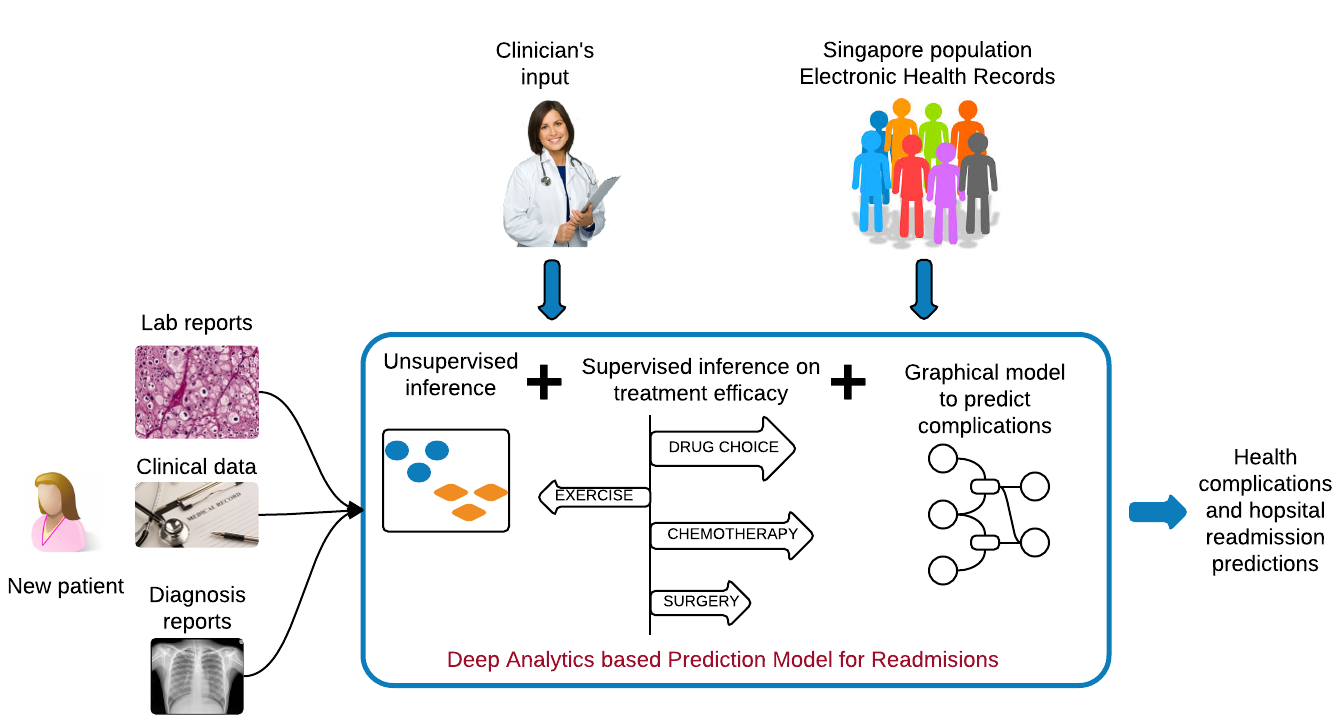
AI’s Leap into Medical Diagnosis: Revolutionizing HealthcareAI’s Leap into Medical Diagnosis: Revolutionizing Healthcare In the realm of healthcare, artificial intelligence (AI) has emerged as a transformative force, revolutionizing the way medical professionals diagnose and treat diseases. AI-powered systems have demonstrated remarkable capabilities in analyzing vast amounts of medical data, recognizing patterns, and making highly accurate predictions. Precision Diagnosis: AI algorithms can sift through complex medical records, radiology images, and genetic data to identify subtle abnormalities that may escape the human eye. By combining multiple data sources, AI can provide highly precise diagnoses, reducing the likelihood of misdiagnosis and ensuring earlier intervention. Timely Detection: AI systems can detect early signs of diseases even before patients experience noticeable symptoms. By analyzing patient data over time, AI algorithms can identify risk factors and predict potential health issues, enabling proactive interventions and timely treatment. This is particularly valuable for chronic diseases like cancer, where early detection significantly improves outcomes. Personalized Treatment: AI systems can tailor treatment plans based on individual patient characteristics and medical history. By considering factors such as genetic makeup, lifestyle, and response to previous therapies, AI can predict the most effective treatments for each patient, optimizing outcomes and minimizing side effects. Increased Efficiency: AI can automate time-consuming tasks, such as medical image analysis and record review, freeing up healthcare professionals to focus on more complex and patient-centered activities. This increased efficiency translates to reduced wait times, improved patient satisfaction, and lower healthcare costs. Remote Access: AI-powered diagnostic systems can be deployed in remote areas or underserved communities, providing access to specialized healthcare expertise regardless of geographic location. This has the potential to address healthcare disparities and improve health outcomes for marginalized populations. Challenges and Considerations: While AI holds immense promise in medical diagnosis, it is crucial to address potential challenges and ethical considerations: * Data Privacy and Security: AI systems require access to sensitive medical data, raising concerns about patient privacy and data security. Robust measures must be in place to protect patient information. * Transparency and Explainability: AI algorithms must be transparent and explainable, allowing healthcare professionals to understand the reasoning behind diagnostic decisions. * Clinical Validation: AI systems must undergo rigorous clinical validation to ensure accuracy and reliability. * Collaboration: AI should not replace human healthcare professionals but rather complement their expertise, fostering a collaborative approach to medical diagnosis and treatment. Conclusion: AI’s leap into medical diagnosis is poised to revolutionize healthcare by providing more precise, timely, and personalized patient care. By harnessing the power of artificial intelligence, we can improve health outcomes, reduce healthcare disparities, and empower healthcare professionals to provide the best possible care to their patients. However, it is essential to address ethical considerations and ensure the responsible and transparent use of AI in medical settings.
Posted inNews